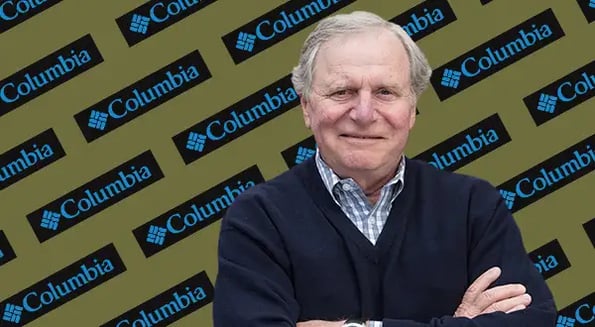It’s not a good look when business magnates broadcast their wealth in the time of a pandemic. Just ask David Geffen.

The billionaire music and film exec got roasted by the whole internet after he posted a photo of his superyacht floating in the Caribbean, while “hoping everybody is staying safe.” The backlash was so that Geffen deleted his IG.
Few people on this planet are as rich as Geffen (net worth: ~$7.7B), but PR concerns may be one reason why a new trend is catching on among America’s CEOs. Many of them are taking big pay cuts — and using the money to help their workers, too.
How low will their paychecks go?
Across all industries, CEOs are tightening their belts:
- Tim Boyle, CEO of Columbia Sportswear, took his salary down to $10k. He made $3.3m in 2018.
- David Gibbs, CEO of Yum Brands, said he would forgo the rest of his base salary this year to finance one-time $1k bonuses for managers at the company’s restaurants (Yum owns KFC, Taco Bell, Pizza Hut, and others).
- A parade of other CEOs in the airline and hotel industries announced similar moves.
At the very least, these execs deserve some credit for reading the room and trying to help their workers. But, as CNN noted, reductions of executive salaries alone wouldn’t be enough to keep a company afloat.
That’s because their paychecks look a LOT different than ours
As our Zack Crockett wrote last year, some leading CEOs already take a tiny salary — just $1. But base pay isn’t what really brings home the bacon.
In fact, it’s usually a small part of a CEO’s overall compensation — much of that comes through stock, options, and other means.
Consider Marc Benioff, the CEO of Salesforce. He grabbed headlines for pledging not to enact “significant” layoffs for 90 days and to pay hourly workers while the company’s offices are closed. He’s about to receive a $2.35m bonus, according to Business Insider.

